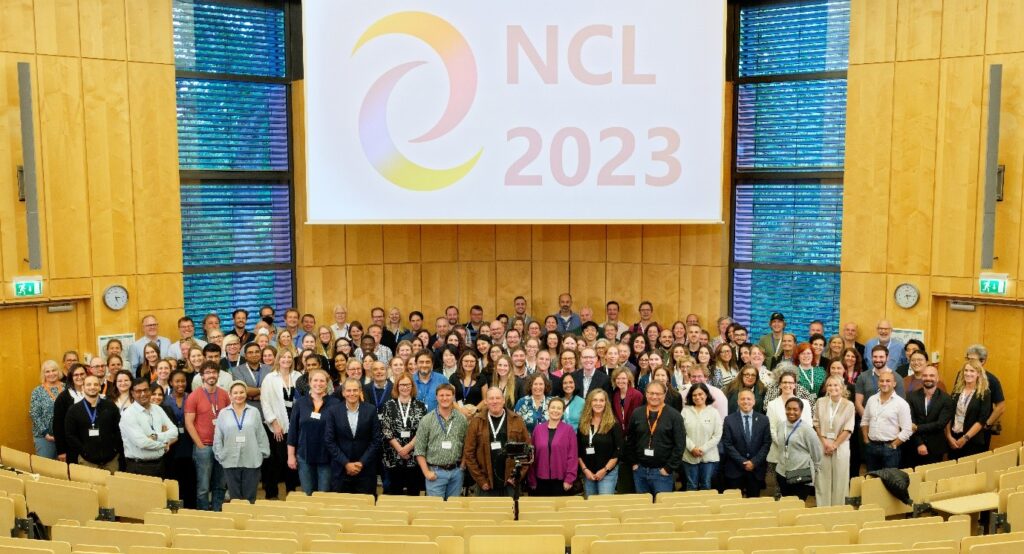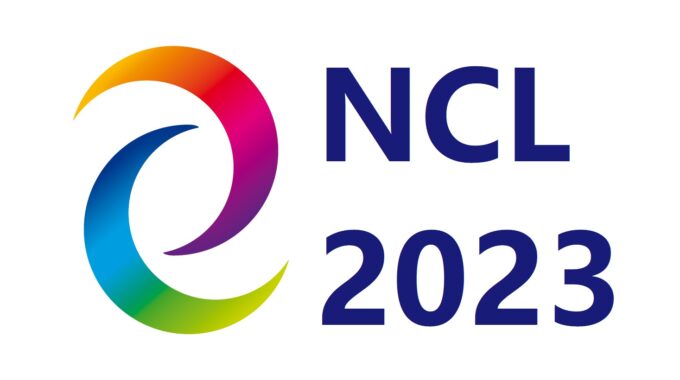This year the 18th International Congress on NCL was in Hamburg, Germany and was attended by our Head of Scientific Affairs, Dr Jo Nightingale. Here is her initial report.
Before the main event there was a young investigators meeting and a meeting for the patient advocacy groups. Due to arrival times, I was unable to make it to the majority of the latter session so for a summary please watch the video the BDSRA posted and watch out for my video bomb! (https://www.facebook.com/bdsra/videos/354410906912841). The pharma companies asked what the families wanted to which I responded, “go faster!” They have reiterated that they are going as fast as science, technology and clinical data will allow them to. It was also suggested that there was a need for clear communication, even if that meant stating that there were no new updates. Overall, it was a positive meeting.

The main event started on Tuesday evening with the first of the keynote lectures. Lecture one was by Paul Saftig from the University of Kiel. He gave an overview of our understanding of normal lysosomes which is important in our understanding of what happens when there is a disease affecting these organelles and how it may be treated. The second keynote speaker was Markus Damme, also from the University of Kiel. He spoke about his work on the role of lysosomes in more common neurodegenerative diseases like Alzheimer’s Disease and how the basic functions of lysosomes impact neurodegeneration.
Over the course of the week there were more keynote lectures given in between oral presentations. These were separated into the following categories: Genetics and biology of the NCLs, Disease models and mechanisms, Biomarker discovery and OMICS, Preclinical translation research, and clinical translational research, each session was chaired by members if the scientific committee. On the final day the chairs gave a lay overview of their oral presentation category which was followed by the final session of late breaking presentations.
There was also additional research presented in the poster sessions and lots of networking opportunities.
As there were over 60 oral presentations and more than 30 posters it will take me a little while to distil the scientific information for you to read but I aim to give you a review as soon as possible.

